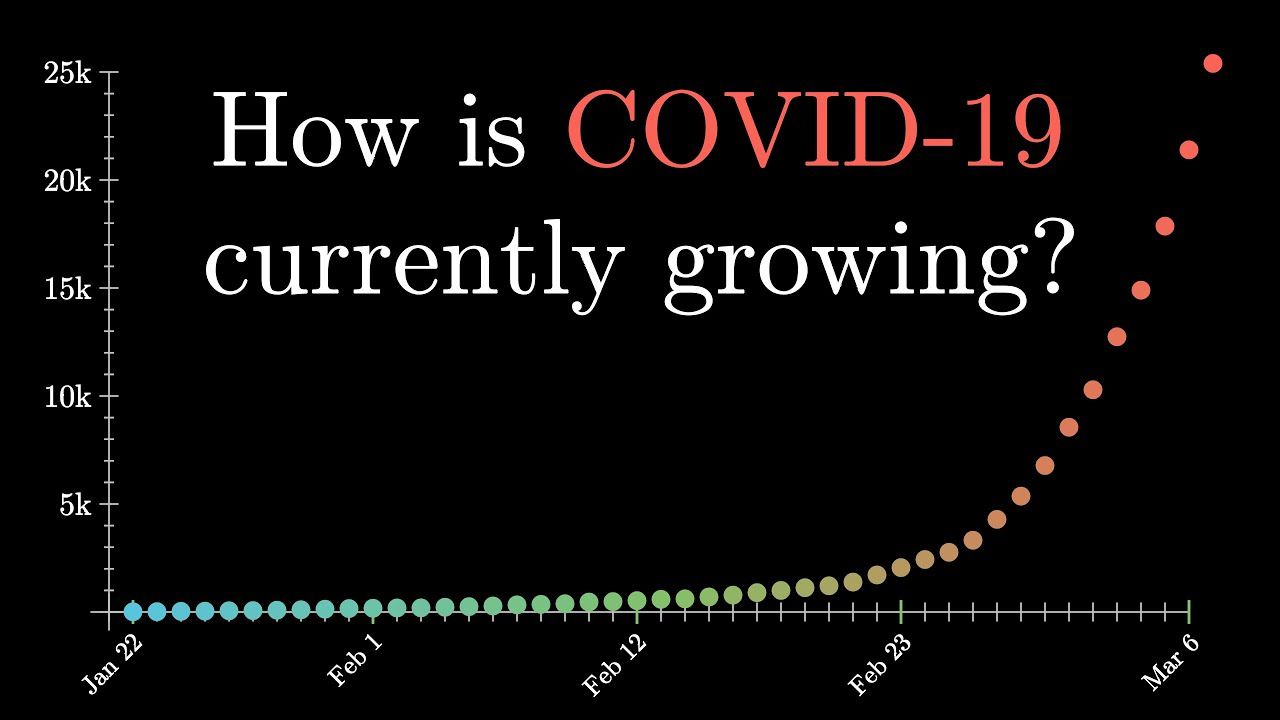Coping With COVID-19
It's never real, until it is.
In my wildest dreams, I hadn't imagined a tiny-little virus will disrupt everything. Yet, it has, and it will continue to. I really hope for the best for each one of us.
Now, why invest your valuable five minutes in reading one issue of a college student's newsletter?
Well, I'm still coming to terms with the volatile uncertainty surrounding things relevant to me, and I have learned a few things I thought are valuable to share. (I prefer not to overwhelm you with additional details about Covid-19 when you've already been consuming a ton of news, but I still curated some information here, if you'd like to give it a read.)
Back to a few of my insights:
I. Planning is important but the plan is useless
Cliches make sense when you have enough context, but today, we don't need any more of it. I won't sermonize but I think the axiom that "life hits you" is actually true. Things will get canceled, plans will fall apart, stuff will happen. Suddenly, everyone is struggling with something or the other, but the lesson is clear: Your ideal, concrete "plan" will almost never work, but the commitment to planning things will.
For me, now that several things have gone awry, I need to sit down, recalibrate, and rethink my goals and priorities. My "plan" of first doing X, then doing Y has failed miserably, but I am confident that I can think of a new plan that will help me be on track and adapt to this extreme volatility.
II. Act fast.
We tend to keep putting off planning a trip with our friends or not asking someone out whom we like, and not acting on a myriad other things when we can, just because we "wait for the right time."
My lesson: There will never be a right time. You know the age-old maxim: "The best time to plant a tree was 20 years ago. The second best time is now."
Things are inherently volatile; we just don't recognize it soon enough, and by the time the volatility hits us, it's too late. So, it's better to just get started, take action, and course-correct later.
III. What we think we can change and are concerned about is inverted
I've been thinking about what exactly is bothering me, and I understood my misconception. What I thought I could change is actually something that only concerns me, and what I think concerns me is something I can actually change.
Before, I thought that I can "change" a lot of things and that very few actually "concern" me. So, my circle of change is larger than my circle of concern.
Now, I know that I can "change" very few situations and that many, in fact, "concern" me. The global outbreak of COVID-19 concerns me; I cannot change **that, but I can change how COVID-19 affects my friends, families, and communities. Be it by sharing relevant information, helping out those in need, or even listening to others, there is something of a high-impact nature that we all can do, instead of just stocking supplies for ourselves.
In fact, two of my friends Kanyes and Shalin made this public document — inspired by Stanford — to help document how others can help Berkeley students in need.
That's all. We can't really change everything, but we can change something, and if we focus on changing what we can and do it well, we will inevitably create a ripple effect, and that is what will bring about real change.
SomeParting Thoughts
At the same time as I feel out-of-sorts, I also feel grateful because the hard lessons of life have come to us from a diffused externality instead of a hard-hitting, real life-changing black swan event.
Namaste. :)
Abhinav
Video of The Week

If you like math, you'll definitely like this video. I suggest taking a few minutes out to understand what got us here.
Podcast of The Week
This HBR Ideacast episode explores Covid-19 with Balaji Srinivasan, a thought-provoking, interesting, and multi-disciplinary thinker. See this for a list of more references.
Article of The Week
The Shortness of Life: Seneca on Busyness and the Art of Living Wide Rather Than Living Long
Some respite from Covid-19!
I'll let this introductory quote summarize this fantastic article!
"The greatest obstacle to living is expectancy, which hangs upon tomorrow and loses today... The whole future lies in uncertainty: live immediately!"